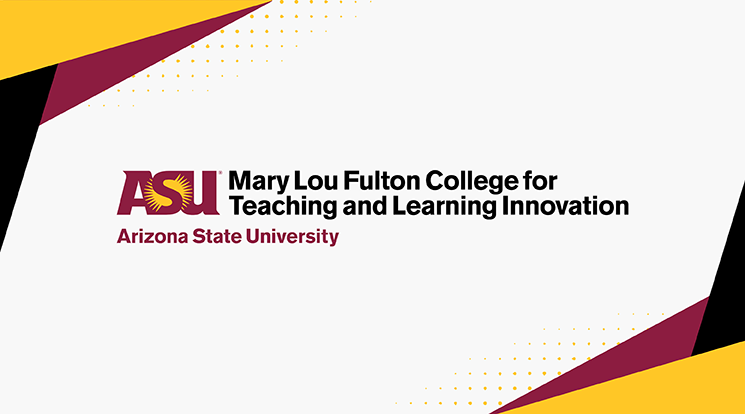Morocco redesigns teacher preparation with help from MLFTC

Over the next five years, Arizona State University’s Mary Lou Fulton Teachers College will work with Morocco’s Ministry of Education, universities within the kingdom and teacher training institutions, with the aid of experienced technical assistance and private sector agencies, to form the Higher Education Partnership–Morocco. Funding is provided by USAID.
“The project represents the fruit of over a decade of partnership efforts between the U.S. government and Morocco’s Ministry of National Education,” says David T. Fischer, United States Ambassador to Morocco.
The goal of the rigorous teacher preparation program is to improve education quality in Morocco by strengthening the capacity of teachers, school administrators and officials. The partnership will also support Moroccan faculty in designing and piloting a comprehensive, systems approach to primary teacher preparation that bestows a three-year undergraduate degree in primary teaching, and associated year-long preparation in education and one-year apprenticeship in teaching.
Tanya Pinkerton, clinical assistant professor and HEP–Morocco senior coordinator says,“It has been very rewarding to work with Moroccan faculty and trainers. Even across this wide distance and through a global health crisis, I have found developing relationships with our partners in Morocco to be both fulfilling and energizing. I am looking forward to the remaining four years of the project, as I see how this collaboration is going to support new primary teachers and ultimately, the children of Morocco.”
With three already underway, MLFTC is hosting a series of webinar trainings, through May 2021, engaging Moroccan educators about how to build Next Education Workforce models. All trainings are offered in Arabic, English and French. The series includes:
- Teaming in Education: A New Normal. This webinar focused on deploying teacher candidates in teams. “Two heads working together to meet the needs of all students is better than one,” said participant Latifa Hafdi Idrissi, teacher of English, ESEF-Kenitra.
- An Overview of Universal Design for Learning. During this training, panelists shared how the principles of UDL acknowledge the expected variation in learners’ ability and interest, as well as how to use UDL as a mechanism to promote access and equity for all students in an online environment.
- Assessment Design and Implementation: Academic Integrity. Participants explored methods for designing assessments to be implemented in an online environment.
- Assessment through Application. The goal of this session is to share strategies from gathering assessment data through multiple means of expression.
- Aligning Assessment to Student Learning Outcomes. In this webinar, panelists will address methods for creating assessments that are flexible and aligned to specific student learning objectives.
- Formative Assessments for Reflective Practice. Panelists will discuss the benefits of using formative assessment as a means to support instructor and student reflection on the learning process as an element of lifelong learning.
- Summative Assessments. Panelists will address effective means for using summative assessment data for future lesson design.
- Reducing Barriers in Online Assessment. This webinar will focus on strategies for minimizing the impact of barriers to accessing online assessments by identifying diverse methods for demonstrating mastery of learning outcomes.
- Stories from the Field. Lessons learned in applying UDL principles to online assessments will be shared with participants.
Moroccan schools have been battling high dropout and repetition rates for years. Only 53% of students enrolled in middle school continue on to high school, and less than 15% of first grade students are likely to graduate high school, according to the United States Agency for International Development. Low levels of attendance, teacher absenteeism and a multilingual learning environment contribute to the country’s low literacy rates. Berber children are at a greater risk of failing because they don’t speak Modern Standard Arabic — the language used in schools. And of course, in rural schools, these issues become even larger due to the inadequate supply and quality of materials. The poor education system undoubtedly affects the economy: Students who are unable to obtain a high school diploma will be met with far fewer employment opportunities.
Read more about the partnership.